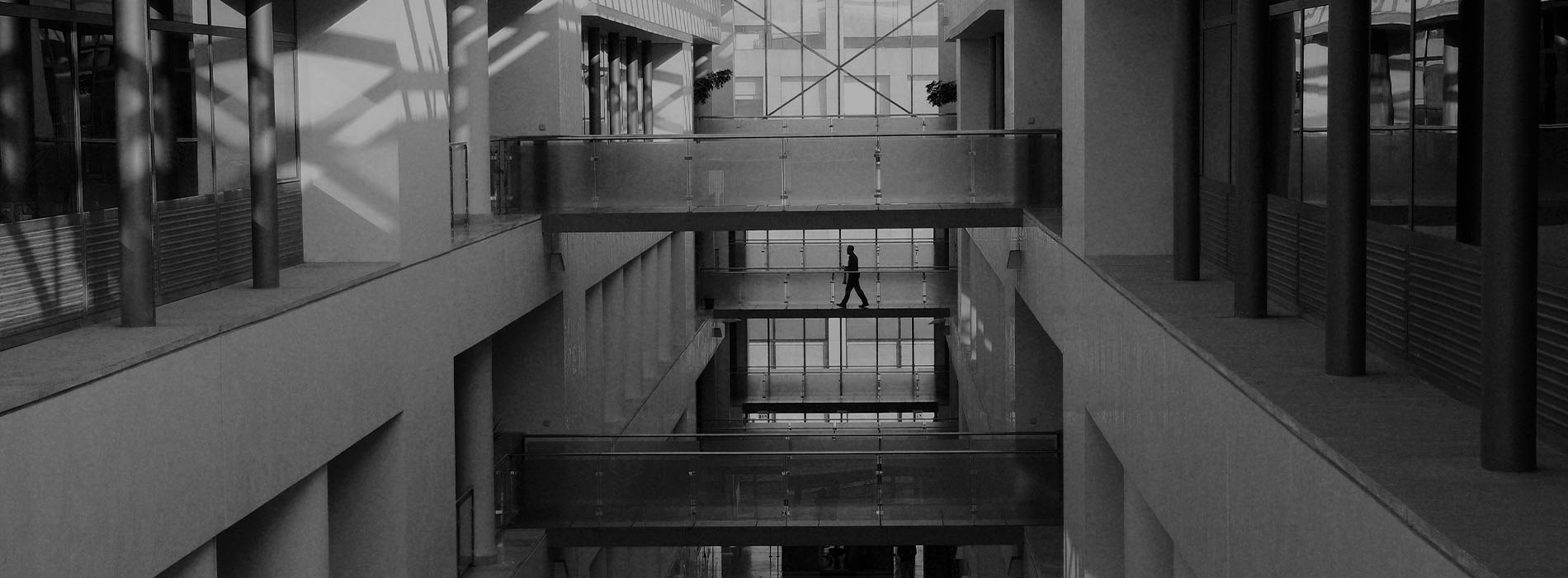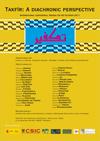International Conference: "Takfi-r: A Diachronic Perspective"
Lun, 24-10-2011; 02:00 hasta Mié, 26-10-2011; 02:00
Sede CCHS
Main Hall - CCHS
The present workshop deals with a series of cases, from different periods and different parts of the Muslim world, of individuals or groups that used the instrument of 'takfir' to brand their opponents—again, either individuals or groups—as unbelievers who could, or should, be combated. Each case presented will be placed in the socio-political and religious milieu in which the condemnation was first voiced and, though not nearly always, put into practice.
Speakers will address questions such as: What were the beliefs and/or practices that gave rise to accusations of unbelief, and what was objectionable about them in the eyes of the ones who condemned them?
How was the 'takfir' publicized, and how was it justified?
To what extent was 'takfir' sanctioned by religious and/or political authorities? (or, conversely, to what extent were the latter themselves the object of 'takfir'?)
What sources and precedents are cited by the accusers?
What were the practical consequences for individuals or groups hit by accusations of intolerable unbelief?
How did they defend themselves against the accusations?
Were there any third parties who defended them?
Who were the ones who carried out the punishment incurred for 'kufr'?
What were the practical consequences of their actions (e.g., were they, in turn, punished by the authorities?)
Did the condemners or the condemned receive a hero-like status in the eyes of (sections of) the population?.
Organized: Maribel Fierro (ILC, CCHS-CSIC), Camilla Adang, Hassan Ansari and Sabine Schmidtke.
receive a hero-like status in the eyes of (sections of) the population.Organized by Camilla Adang, Hassan Ansari, Maribel Fierro and Sabine
Schmidtke*
***Centro de Ciencias Humanas y Sociales (CCHS-CSIC) salón de Actos
*
The present workshop deals with a series of cases, from different
periods and different parts of the Muslim world, of individuals or
groups that used the instrument of /takfir/ to brand their
opponents—again, either individuals or groups—as unbelievers who could,
or should, be combated. Each case presented will be placed in the
socio-political and religious milieu in which the condemnation was first
voiced and, though not nearly always, put into practice. Speakers will
address questions such as: What were the beliefs and/or practices that
gave rise to accusations of unbelief, and what was objectionable about
them in the eyes of the ones who condemned them? How was the /takfir/
publicized, and how was it justified? To what extent was /takfir/
sanctioned by religious and/or political authorities? (or, conversely,
to what extent were the latter themselves the object of /takfir/?)/
/What sources and precedents are cited by the accusers? What were the
practical consequences for individuals or groups hit by accusations of
intolerable unbelief? How did they defend themselves against the
accusations? Were there any third parties who defended them? Who were
the ones who carried out the punishment incurred for /kufr/? What were
the practical consequences of their actions (e.g., were they, in turn,
punished by the authorities?) Did the condemners or the condemned
receive a hero-like status in the eyes of (sections of) the population.




